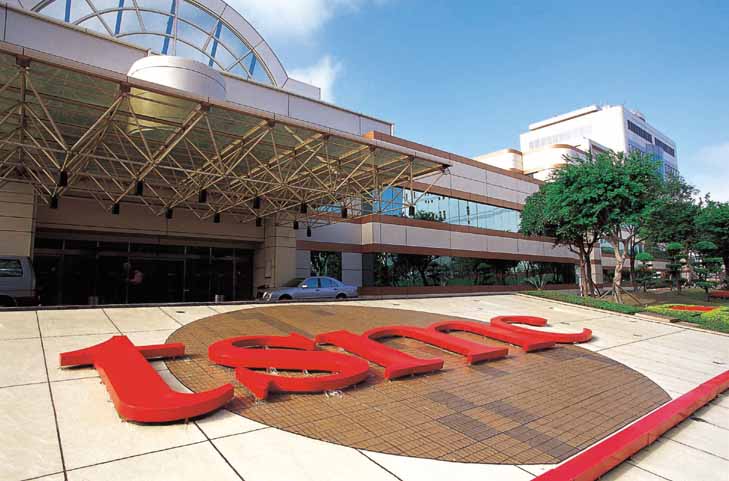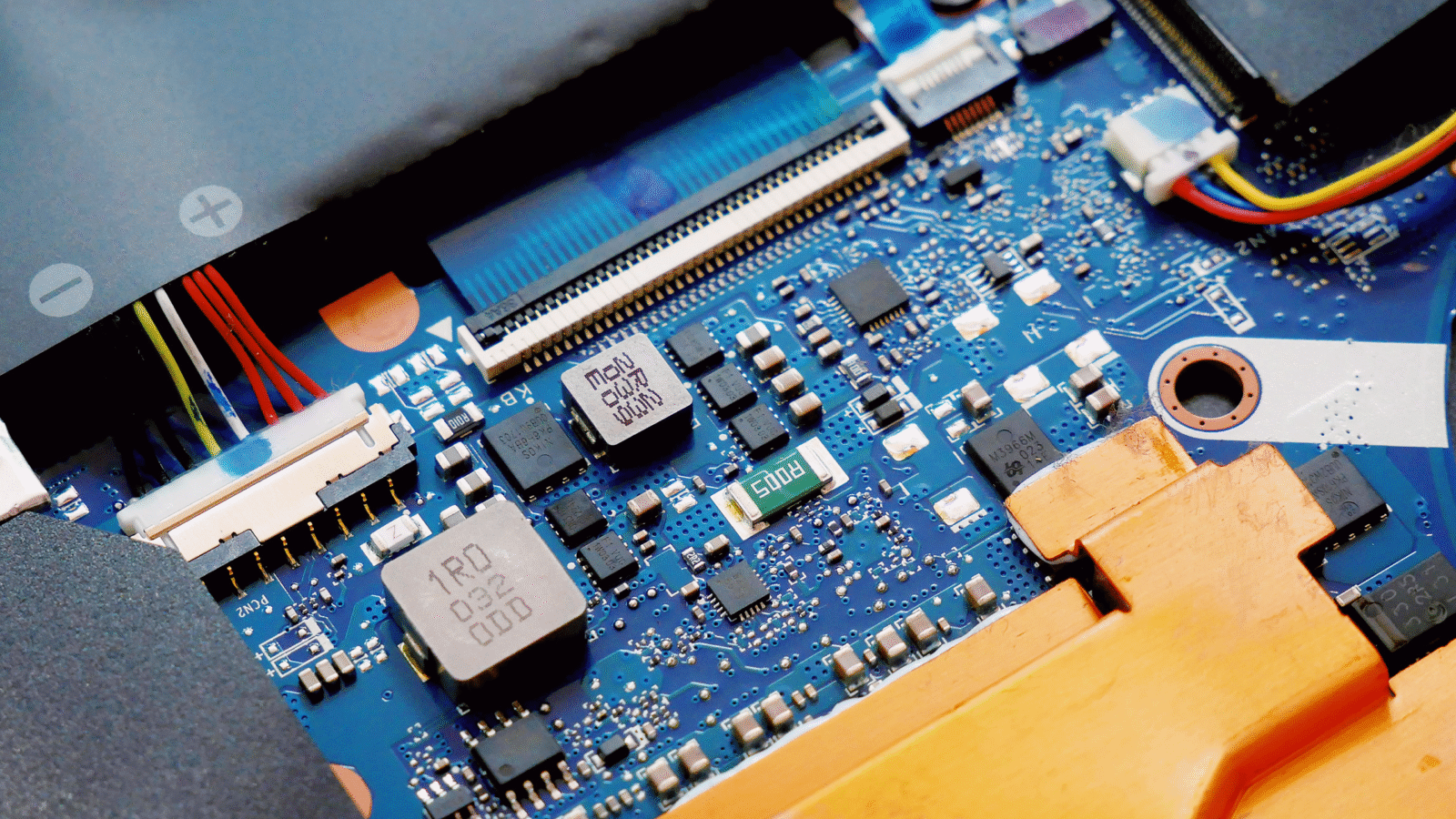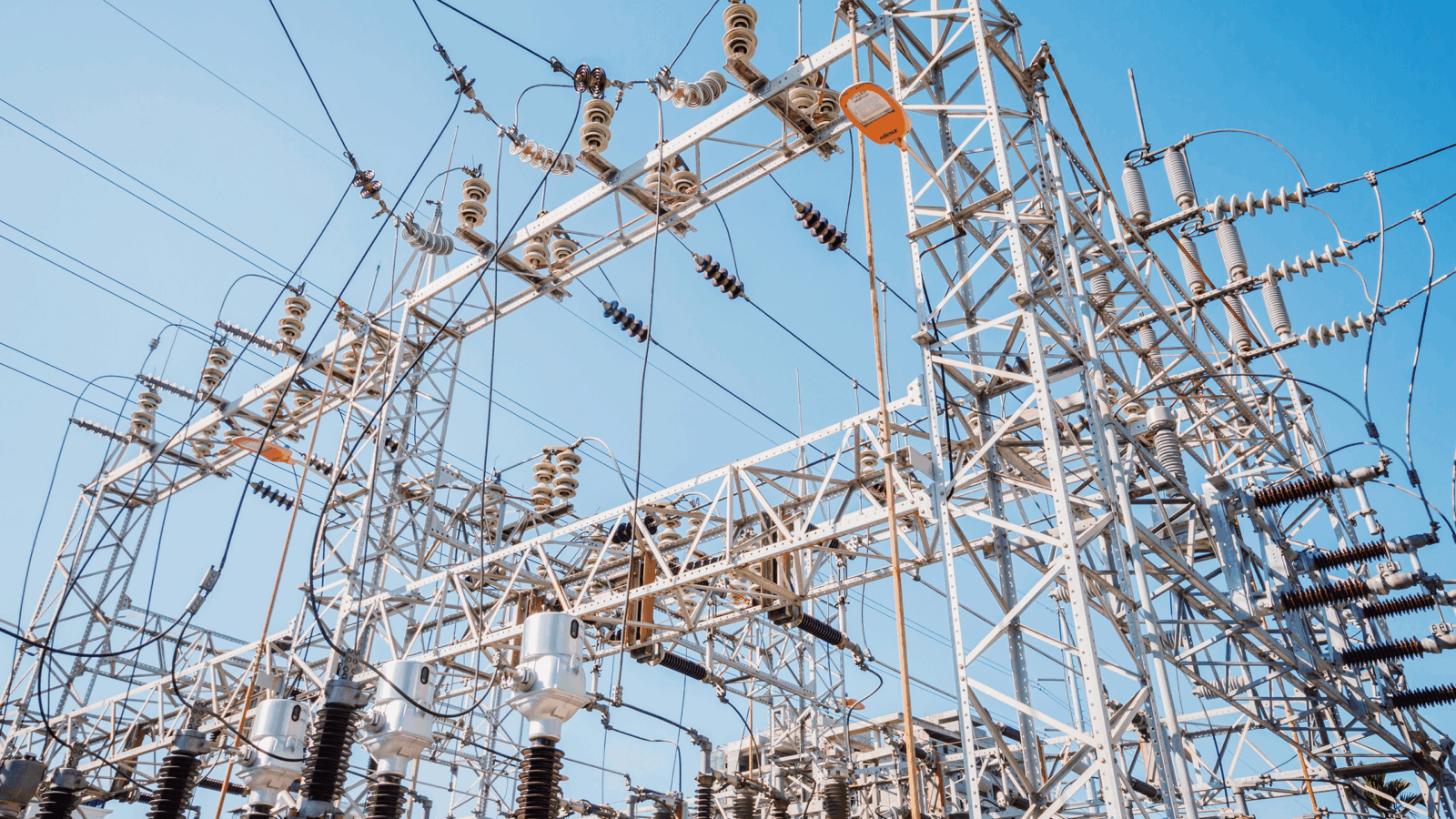
Sign up for smart news, insights, and analysis on the biggest financial stories of the day.
No more days of letting the chips fall where they may.
The United States Senate voted 64-32, in a significant bipartisan showing, to advance a bill that will provide $52 billion in subsidies for American semiconductor manufacturers. The generational effort to invigorate domestic industry could shake up the global market where China dominates.
Drill Semiconductor
The global semiconductor shortage — impacting everything from mobile devices to cars to washing machines to video games — cost the US economy $240 billion last year, according to Intel. The crunch, caused by a shortage of manufacturing tools, Covid lockdowns, and the general roller coaster ride that has been the last two years of the economy, will likely last until 2024, Intel’s CEO Pat Gelsinger said earlier this year.
While it’s a pain waiting for your new SUV or for a Playstation 5 to appear in stock, the disruption has been severe enough to thaw the frosty hyper partisan mood in Congress. Commerce Secretary Gina Raimondo said the US, which once made 40% of the world’s chips, now makes only 12%. The US has made “nearly nothing” in semiconductor manufacturing investments compared to China’s $150 billion. Time for that to change:
- Of the $52 billion, a significant amount will go to chip manufacturers to construct domestic semiconductor fabrication plants. Asian countries including Taiwan (maker of 28% of the world’s chips) and China (12%) are currently expected to capture 82% of semiconductor manufacturing growth by 2025, according to the Semiconductor Industry Association, but noted action from US policymakers could change that.
- The funds could draw in more foreign manufacturers to open facilities on US soil. Case in point, South Korea’s SK Group said this week that it will add $22 billion in semiconductor and renewables investments in the US.
Bill Nye: The Senate bill, which is expected to pass in the House, authorizes $100 billion in science funding over five years, including earmarks for the National Science Foundation’s work on artificial intelligence and quantum computing and new regional technology hubs to encourage start-ups in parts of the US not associated with tech. Get ready for a futuristic Duluth, in other words.











